Drum gear reviews.
No bias.
I love playing drums and testing gear. That’s why I created this website. I want to help you pick the correct drum gear, to help you avoid wasting your money.
I love playing drums and testing gear. That’s why I created this website. I want to help you pick the correct drum gear, to help you avoid wasting your money.
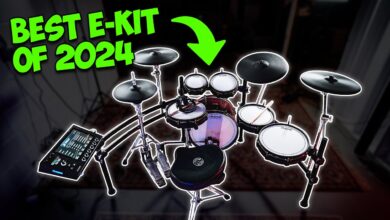
Alesis Strata Prime Review: What Is It? The market for high-end electronic drum kits is largely dormant compared to the lower-end, where…
Read More »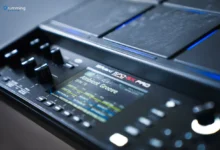
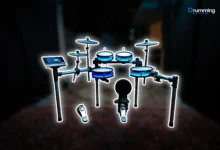
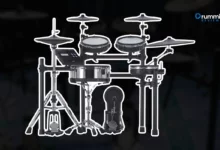
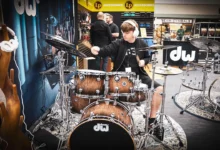
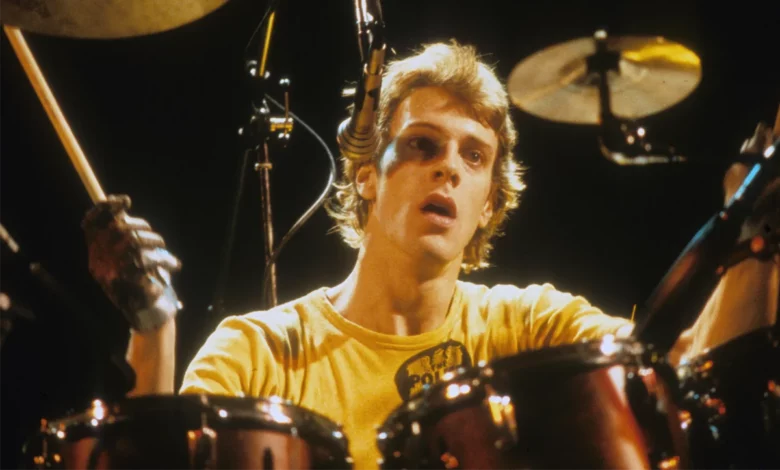
The 1980s was a remarkable era for creativity and innovation,…
Read More »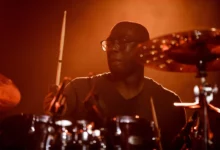
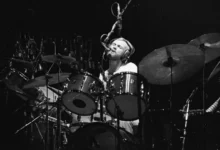
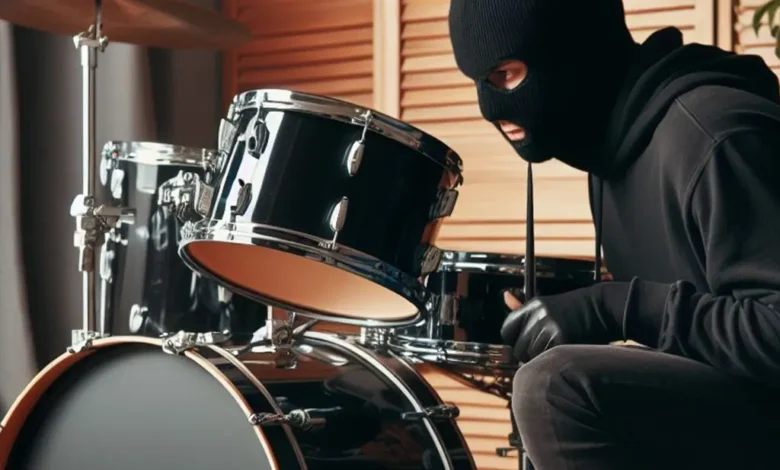
What’s a drummer’s worst nightmare? No, it’s not the kick drum gradually sliding away from you during a gig (though…
Read More »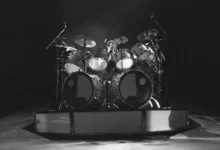

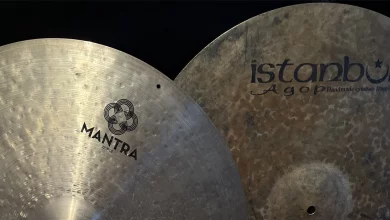
Istanbul Agop cymbals are simply fantastic! They offer many different lines of cymbals for different musical contexts. Istanbul Agop cymbals not only…
Read More »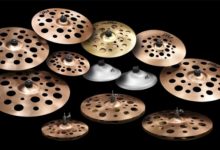
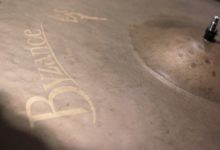
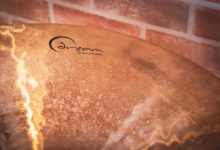

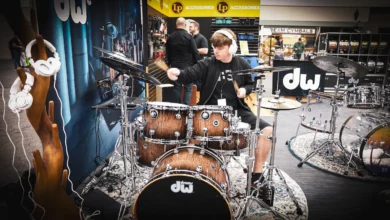
Looking for the best electronic drum set in your budget? We've rounded up the top models, suitable for both beginners…

Electronic drum sets are perfect for kids — they quiet, provide a fun experience, and are even good for the brain. Whether…

Alesis Strata Prime Review: What Is It? The market for high-end electronic drum kits is largely dormant compared to the…

Electronic drum kits have come a long way since their inception. As a result, many pro and amateur drummers use…
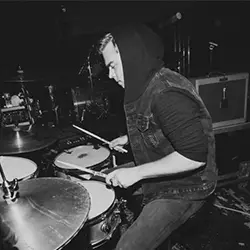
Hey. My name is Nick Cesarz and I’m the founder of Drumming Review, one of the web’s most loved drumming blogs with over 100,000 readers a month. I play drums in a band called Vinyl Theatre.
I’ve been playing for twenty three years. I’ve been obsessed with drums and percussion (especially all the gear) since day one of playing. Here you’ll find the most objective reviews of current drums and percussion.
My Social Media: YouTube | Instagram | Twitter
Some of my favorite players include Steve Gadd, Simon Phillips, Tony Williams, Art Blakey, Dave Grohl, Dave Weckl, Neil Peart, and many others. Have a look around, and if you have any questions, feel free to email me.